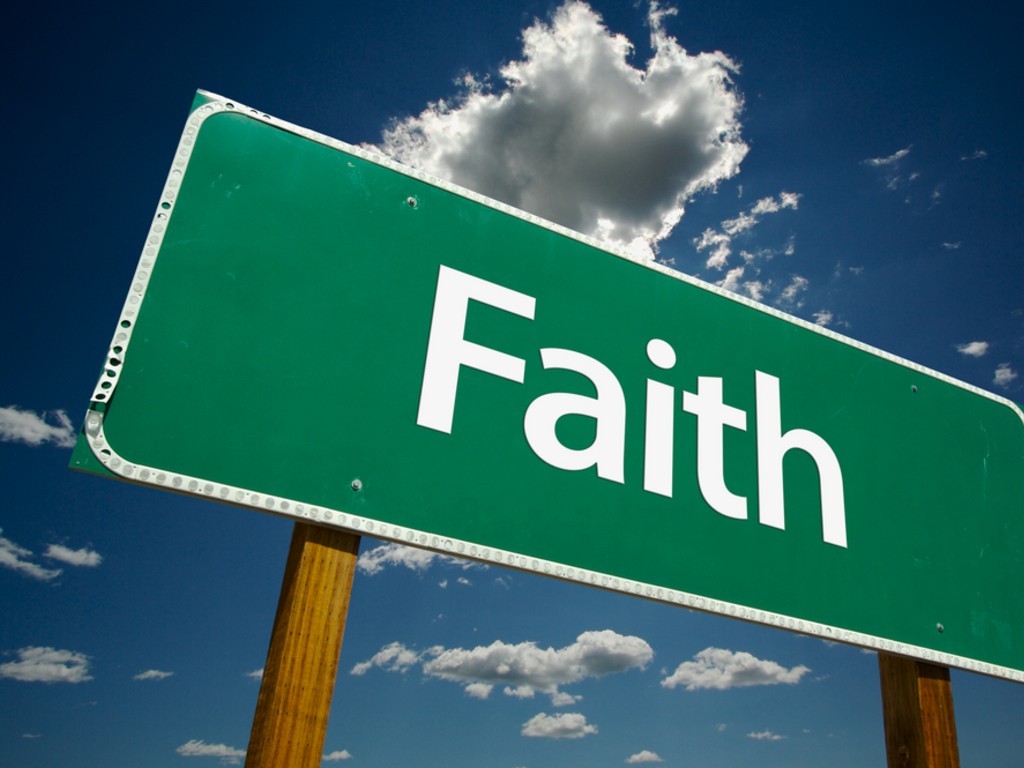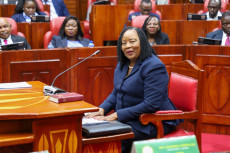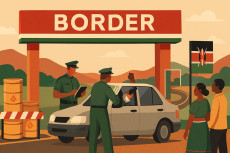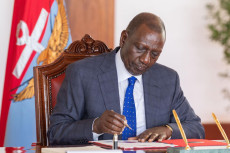- The recent controversy on the Krishna Foundation’s food distribution program on the Kenyan Coast has raised eyebrows about whether the 2010 Constitution, which guarantees the freedom of religion, worship, and conscience under Article 32, remains valid.
A recent controversy surrounding the Krishna Foundation’s food distribution program in Ganze, Kilifi County, has sparked national debate over the intersection of humanitarian aid, religious freedom, and constitutional rights in Kenya.
The 2010 Constitution guarantees freedom of religion, belief, and conscience under Article 32. It affirms that individuals may manifest their faith publicly or privately, alone or in community, through worship, practice, or teaching. Article 27 prohibits discrimination and coerced religious practice, while Article 8 declares that Kenya has no state religion.
Concerns were raised when reports surfaced primarily via social media that schoolchildren in Ganze were required to chant Hindu prayers before receiving food aid from the Krishna Foundation. The government responded by suspending the program, citing public outcry and potential constitutional violations.
This development raises complex questions: Was the suspension a necessary safeguard of constitutional principles, or did it inadvertently disrupt a critical lifeline for children in a food-insecure region?
Ganze is classified as a hardship area due to its semi-arid climate and chronic food insecurity. Many schools in the region struggle to provide meals, leaving children without food for the entire school day. Despite existing national programs such as the Regular School Meal Programme and the Home-Grown School Feeding Initiative implementation in Ganze remains limited or absent.
Read More
These programs, developed in collaboration with the World Food Programme and county governments, aim to improve nutrition, increase school enrollment, and support local agriculture. Yet in Ganze, their reach appears insufficient, creating a vacuum that non-state actors have sought to fill.
The Krishna Foundation’s intervention, while controversial, highlights a broader tension between constitutional safeguards and urgent humanitarian needs. Some parents reportedly defended the program, citing its tangible impact in a region where other support systems have faltered.
Religious organizations and government agencies have expressed concern over potential indoctrination. However, critics argue that the focus should also include evaluating the adequacy of existing support structures and the ethical responsibilities of all actors involved in child welfare.
The biblical verse “Faith without action is dead” (James 2:17) and its counterpart in the Quran both emphasize the importance of compassion and service. These principles are echoed across faith traditions and may offer a framework for constructive engagement rather than confrontation.
The suspension of the Krishna Foundation’s program may have addressed constitutional concerns, but it did not resolve the underlying humanitarian crisis. Children in Ganze continue to face hunger, and the absence of a sustainable alternative risks deepening their vulnerability.
Rather than assigning blame, stakeholders including government bodies, religious institutions, civil society, and humanitarian organizations may need to collaborate on rights-respecting, inclusive solutions. Ensuring that aid delivery aligns with constitutional values while meeting urgent needs is not mutually exclusive.
This case invites reflection on how Kenya balances legal protections with practical realities, especially in marginalized regions. It also underscores the need for transparency, accountability, and sustained investment in school feeding programs that prioritize dignity, equity, and child welfare.










